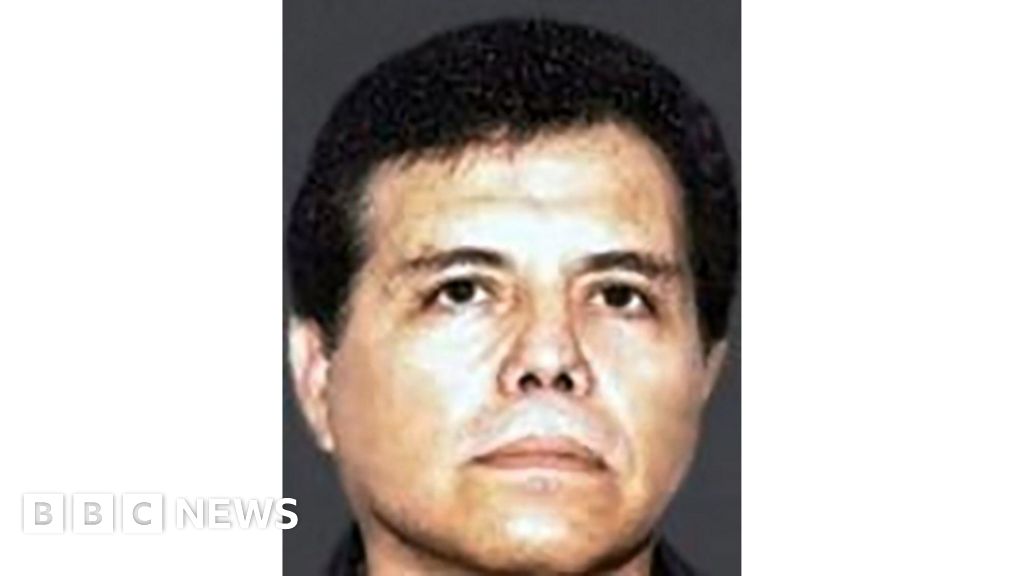In a major development on June 5, 2025, President Trump enacted a travel ban restricting entry to the United States from a selection of twelve countries. Interestingly, the proclamation includes exemptions for athletes, coaches, and essential support personnel attending “major sporting events,” which has left room for interpretation as to what defines a “major event.”
The assessment of which sporting occasions qualify for these exemptions will fall under the purview of Secretary of State Marco Rubio. A series of international competitions are on the horizon in the United States, including the impending CONCACAF Gold Cup which starts on June 14 and will take place at various venues across the nation. Despite some countries on the ban list, like Chad, not being known for their sports prowess, others such as Iran and Haiti could be poised to send teams, potentially complicating matters.
Moreover, additional restrictions have been imposed on seven other nations, including Cuba, which has a significant standing in the world of sports. With the CONCACAF Gold Cup commencing shortly, and Haiti’s qualification for the tournament, timely decisions are crucial. The Club World Cup, another major global soccer event, is also set to commence on the same day across multiple U.S. cities, highlighting the need for clarity amidst the confusion.
The implications of this travel ban resonate further with upcoming events, such as the under-19 softball World Cup and world skateboarding championships, which seem less likely to qualify for exemption. Furthermore, marquee road races like the Chicago and New York marathons in the fall are also under scrutiny.
The repercussions extend beyond international competitions, raising concerns about college sports programs heavily composed of international students. Notably, both the men’s soccer World Cup, scheduled for 2026, and the 2028 Summer Olympics to be hosted in Los Angeles fall under the exempted categories, with teams from Iran already qualifying.
As decisions loom ahead, Secretary Rubio may face scrutiny over the sporting landscape shaped by this travel ban, impacting both international participation and local audiences alike.


















